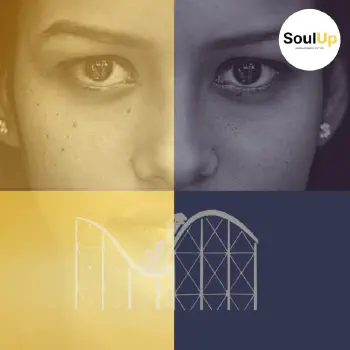Event Description
Join our support group for individuals with Bipolar Disorder or those navigating their diagnostic journey.
Group Type: Therapy Group
Group Goals
This group is designed for individuals diagnosed with Bipolar Disorder. The experience can often be an emotional roller coaster, leading to isolation, shame, guilt, and stigma. Our objective is to create a supportive space for individuals to share their experiences and perspectives, and to explore their distress within a socio-political-cultural context.
Who is the group for?
This group is for individuals who struggle with Bipolar disorder and are looking for a supportive safe space to explore and understand better their psychic and emotional experience.
Discussion Topics
- Understanding your distress
- Feelings towards the onset and retreat of episodes
- Implications of a diagnosis
- Seeking and receiving support
- Impact on relationships and various life aspects
- Effective and ineffective coping strategies
- Setting and respecting personal and others’ boundaries
- Emotional and physical exhaustion due to mood swings
- Psychopharmacology and its implications on other life areas
Please note that the session topics, order, and other details may be adjusted based on the needs and preferences of the group members and facilitators.
Facilitator Bio:
Palkee Baruah is a Senior Clinical Psychologist with over 6 years of experience in the field. Her expertise includes treating anxiety disorders, depression, relationship concerns, adult ADHD, adult autism, self and identity issues, obsessive-compulsive disorder (OCD), adolescent mental health, self-esteem issues, emotional regulation, fears and phobias, personality disorders, grief, and general life concerns and stressors.
Palkee’s therapeutic approach is built on a strong belief in the power of collaboration between therapist and client. She creates a safe, non-judgmental space where clients can openly explore their thoughts and feelings with empathy and active listening. She employs evidence-based therapies such as Cognitive-Behavioral Therapy (CBT), Dialectical Behavior Therapy (DBT), Compassion-Focused Therapy (CFT), and Acceptance and Commitment Therapy (ACT), incorporating mindfulness techniques tailored to each individual’s unique needs and goals. Additionally, her work is informed by an intersectional, feminist, trauma-sensitive, caste-conscious, and queer-affirmative approach.


